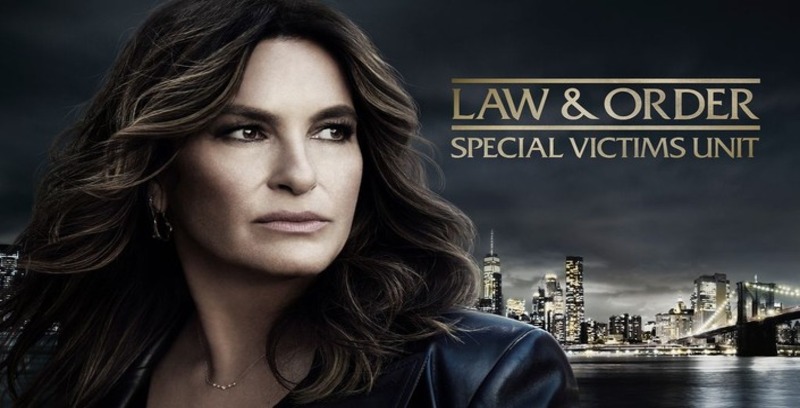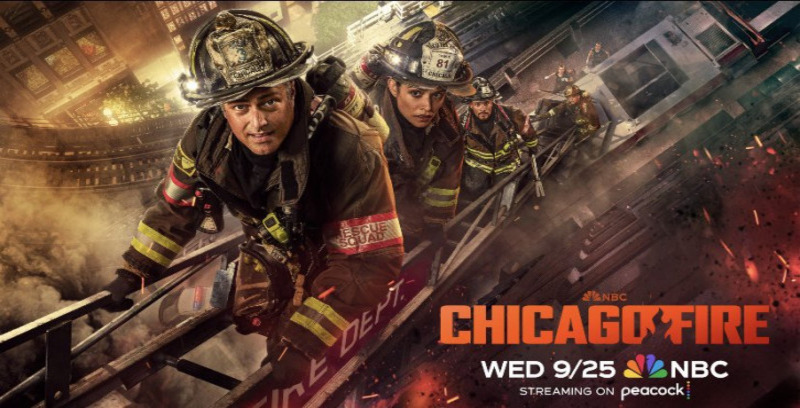Narcos hit the screens with a bang in 2016. It dives into the life of the wealthiest, most infamous drug lord, Pablo Escobar. While many fans followed it for the drama, murder, parties, and intricate storyline, many noticed the insane amount of cash Pablo had. He had so much that he would burn some of it for heat and bury shipping containers loaded with money. Pablo and other cartels in the series had to resort to money laundering to make any of that cash useful.
Money laundering is introduced from the onset in season 1, episode 2 of Narcos, where Gacha tells Pablo about the problem of having to explain their sudden untold wealth. Pablo quickly answers, “… just launder the money…”. He even refers to the Mafia boss Al Capone and how he successfully laundered the proceeds of crime. Even when Gacha tells him that Capone had a small amount and they have too much, Pablo answers: “… let's buy a bigger washing machine.”
Money laundering
But what is money laundering? And is it a theme heavily explored in Narcos? Well, as a pseudo-documentary on real-life figures who engaged in the drug trade, they had to be involved in some form of money laundering. If you haven’t watched the series, the parts of this article will be a spoiler.
Money laundering implies disguising or cleaning dirty money(ill-gotten wealth) so that it appears to have originated from legitimate sources. This can often be done by opening fronts of legitimate businesses and injecting illegal cash into them.
Medellín Methods
The first two seasons deal with Pablo Escobar and how he establishes the Medellín cartel. Medellín is used to obfuscate the source of the drugs. Additionally, Pablo worked with his brother Roberto Escobar as the cartel accountant. He ensured the cartel members remitted their returns and that the cash was laundered effectively. The Medellín, however, were very crude in their money laundering operations. They relied on brute force, ingenuity, and vast scale compared to the Cali cartel that gamed the system after the death of Pablo.
Cash smuggling was the primary method of money laundering used by the Medellín cartel. The cartel would usually ship large containers filled with it into states with lax banking regulations to avoid detection. In Narcos, Escobar uses Panamanian banks under General Manuel Noriega to deposit millions, effectively hiding the money offshore. Pablo's affairs were managed mainly by Gilberto Rodríguez, who founded and directed the First Inter-American Bank in Panama.
Once they had the cash, it was also time to start some legitimate business. Escobar's business of choice was mainly real estate properties like the Hacienda Nápoles, lavish mansions, and apartments. Due to the low demand, he sometimes offered free homes to the public as an act of charity, displaying his success as a real estate mogul.
However, such huge sums cannot be used for just one business. As a result, they spread their tentacles in business ventures with unpredictable returns but required large cash injections. Such businesses included construction companies, taxi services, real money casinos, and cattle ranching. The first two seasons did not have a complex laundromat. This is because they mainly buried some of the cash, as stated, and used the money to bribe corrupt politicians to delay their arrest.
Cali Cartels Secrets
The third season saw much more organized money laundering that used the state and other legitimate systems to clean the money. The Cali cartel broke off from the Medellín cartel and learned many crucial lessons. They avoided the crude methods used by the Medellín syndicat and never upset the government as Pablo had. Instead, they worked with legitimate systems to hide all their criminal funds.
The Cali cartel capitalized on shell companies and offshore accounts to obscure the origins of their money. Their funds were diverted to countries with high banking secrecy, making it harder to trace the dirty cash. Additionally, they engaged in cash-intensive businesses such as importing and exporting products. They used to import and export electronics or textiles as a front to cover their ill-gotten wealth.
Similar to the Medellin cartel, they also heavily capitalized on the casinos by buying chips with drug money, gambling briefly, and cashing out as if the funds were legitimate winnings. Excess funds were also used to purchase large, high-value items such as art, jewelry, and other luxury items. These items could later be resold to recoup the cash. The cartel worked with corrupt bankers, government officials, and law enforcement agencies, who would keep the cartel's affairs hidden.
Additionally, they employed professionals to study the US Drug Enforcement Administration's moves. As well as relied on technology as a tool for their business. They could hire top engineers to design communication equipment that could not be bugged.
Implications on Gaming
Casinos are easy exploits for cartels, as they have financial ecosystems perfect for money laundering. Narcos draws the picture, though not prominently, of cartels abusing the gaming industry with minimal gambling, ownership of casinos, and other crooked methods that bring the industry into disrepute. Additionally, casinos can be used as meeting places for the drug barons to broker deals or even intimidate rivals. Embedding their crimes like cancer into the gaming industry transforms casinos from glamorous places of entertainment to enablers of criminal enterprise.













